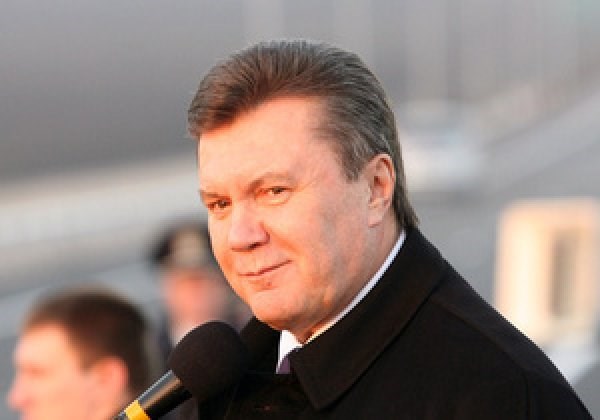Russian Prosecutor General's office explains why it didn't extradite Yanukovych to Ukraine
According to RBC, the General Prosecutor's Office of the Russian Federation confirmed its refusal of Ukraine’s request for the extradition of the former Ukrainian President Viktor Yanukovych, which had been received by the Russian authorities in February 2015.
The petition for Yanukovych’s extradition was left without execution "by virtue of Article 3 of the European Convention on Extradition of 1957,” stated a response from the Russian Prosecutor General's Office. This article prescribes the grounds that allow any state to refuse extradition of a citizen for political motives.
The Convention specifies that a country does not extradite a citizen of another country if the former considers the citizen’s criminal prosecution to be politically motivated. Also, the requested party shall refuse to extradite if it considers that the request for extradition for an ordinary criminal offense has actually been made to punish a person because of his race, religion, nationality or political creed, and also if the condition of a person can be prejudiced for any of these reasons.
The ex-president had left Ukraine in February 2014 after mass shootings of protesters in the Independence Square (Maidan Nezalezhnosti) in Kiev. Yanukovych figures in the investigation of at least nine criminal cases.
The Prosecutor General's Office of Ukraine informed Yanukovych about his status as a suspect in several cases, particularly property misappropriation in Mezhyhirya and Sukholuchchya, malpractice in the signing and enactment of laws on January 16th, establishment of a criminal organization and committing a number of crimes during the days of the Revolution of Dignity. Additionally, the ex-president was suspected of receiving bribes in excess of 26.5 million hryvnia under the guise of royalties.
